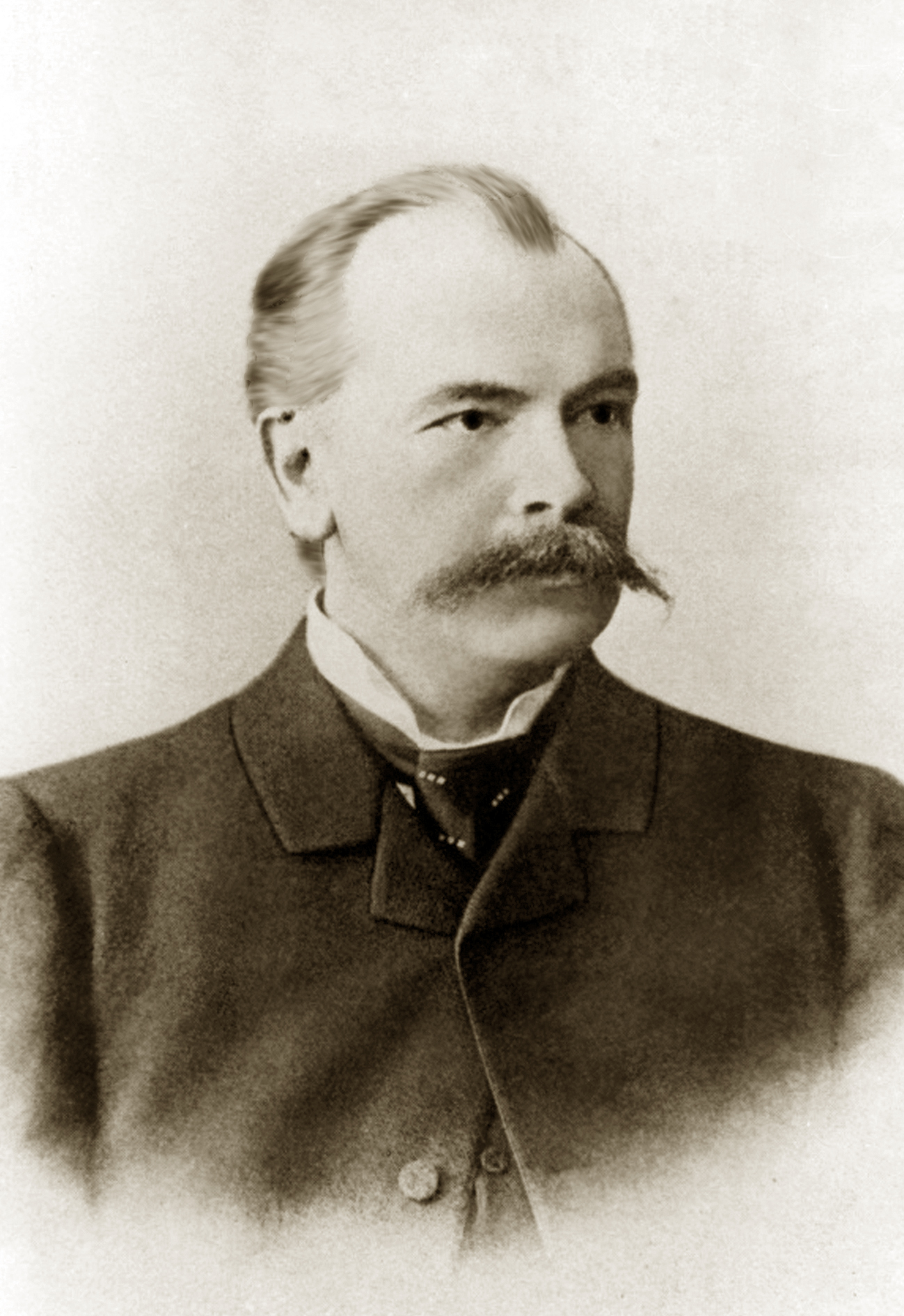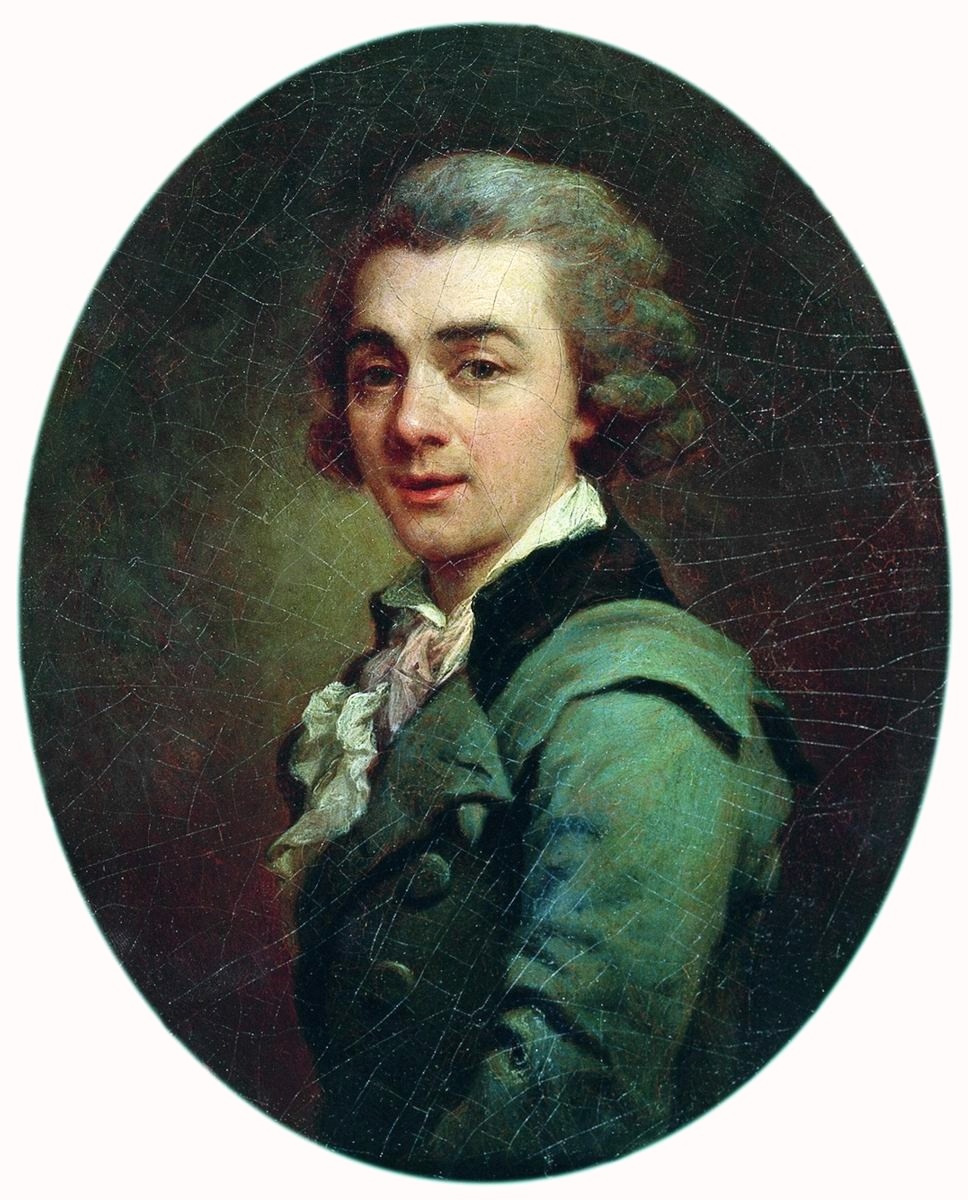|
Nikolai Lunin (scientist)
Nikolai Ivanovich Lunin (21 May 1854 – 18 June 1937) was a Russian Empire and later Soviet scientist who was the first to discover the existence of vitamins. As a student in Basel, he fed mice on a diet of proteins, fats, sugar, salts and water, but they died. He concluded that in addition to casein, fat, milk sugar and salts, milk must contain other substances that are indispensable for nutrition. His dissertation was published abroad in 1881, however other scientists were unable to replicate his work. Lunin had used cane sugar, but others used ill-purified milk sugar, which turned out to contain vitamin B, which saved the mice. Frederick Gowland Hopkins, in his Nobel Prize lecture, references Lunin's work. Lunin is buried at Volkovo Cemetery in St Petersburg, next to his wife, who died two years before him. References External links * Article in Russian * {{DEFAULTSORT:Lunin, Nikolai 1854 births 1937 deaths Scientists from the Russian Empire Soviet scientists ... [...More Info...] [...Related Items...] OR: [Wikipedia] [Google] [Baidu] |
Lunin Nikolay Ivanovich
Lunin (russian: Лунин) is a Russian masculine surname, its feminine counterpart is Lunina. It may refer to: Aristocratic family *House of Lunin, a Russian aristocratic family of Polish origin *Michael Lunin (1787–1845), Russian political philosopher and revolutionary, a member of House Lunin Other people *Andriy Lunin (born 1999), Ukrainian football player *Anton Lunin (born 1986), Russian football player *Mikhail Lunin (footballer) (born 1978), Russian football coach and former player *Nikolai Lunin (admiral), Nikolai Lunin (1907–1970), Soviet Admiral *Stanislav Lunin (1993–2021), Kazakhstani football player *Zinaida Lunina (born 1989), Belarusian gymnast {{surname Russian-language surnames ... [...More Info...] [...Related Items...] OR: [Wikipedia] [Google] [Baidu] |
Frederick Gowland Hopkins
Sir Frederick Gowland Hopkins (20 June 1861 – 16 May 1947) was an English biochemist who was awarded the Nobel Prize in Physiology or Medicine in 1929, with Christiaan Eijkman, for the discovery of vitamins, even though Casimir Funk, a Polish biochemist, is widely credited with discovering vitamins. He also discovered the amino acid tryptophan, in 1901. He was President of the Royal Society from 1930 to 1935. Education and early life Hopkins was born in Eastbourne, Sussex, and initially attended the City of London School. However, he soon transferred to Alexandra Park College in Hornsey and completed his further study with the University of London External Programme (through evening classes at Birkbeck College) and the medical school at Guy's Hospital which is now part of King's College London School of Medicine. Career and research After graduating, Hopkins then taught physiology and toxicology at Guy's Hospital from 1894 to 1898. In 1898, while attending a meeting o ... [...More Info...] [...Related Items...] OR: [Wikipedia] [Google] [Baidu] |
Lunin Nik Ivanovich
Lunin (russian: Лунин) is a Russian masculine surname, its feminine counterpart is Lunina. It may refer to: Aristocratic family *House of Lunin, a Russian aristocratic family of Polish origin * Michael Lunin (1787–1845), Russian political philosopher and revolutionary, a member of House Lunin Other people *Andriy Lunin (born 1999), Ukrainian football player * Anton Lunin (born 1986), Russian football player * Mikhail Lunin (footballer) (born 1978), Russian football coach and former player * Nikolai Lunin (1907–1970), Soviet Admiral *Stanislav Lunin (1993–2021), Kazakhstani football player *Zinaida Lunina Zinaida Lunina ( be, Зінаіда Ігараўна Луніна; Łacinka: Zinajida Iharaŭna Łunina; born 18 April 1989) is a Belarusian rhythmic gymnast. At the 2008 Summer Olympics in Beijing } Beijing ( ; ; ), alternatively roma ... (born 1989), Belarusian gymnast {{surname Russian-language surnames ... [...More Info...] [...Related Items...] OR: [Wikipedia] [Google] [Baidu] |
Volkovo Cemetery
The Volkovo Cemetery (also Volkovskoe) (russian: Во́лковское кла́дбище or Во́лково кла́дбище) is one of the largest and oldest non- Orthodox cemeteries in Saint Petersburg, Russia. Until the early 20th century it was one of the main burial grounds for Lutheran Germans in Russia. It is estimated that over 100,000 people have been buried at this cemetery since 1773. Origins 1770–1773 Between late 1771 and 1772, Catherine the Great, empress of the Russian empire, issued an edict which decreed that, from that point on, any person who died (regardless of social standing or class origins) no longer had the right to be buried within church crypts or adjacent churchyards. New cemeteries had to be built across the entire Russian Empire and from then on they all had to be located outside city limits. One of the main motivations behind these measures was overcrowding in church crypts and graveyards. However, the true deciding factor which led to the ne ... [...More Info...] [...Related Items...] OR: [Wikipedia] [Google] [Baidu] |
1854 Births
Events January–March * January 4 – The McDonald Islands are discovered by Captain William McDonald aboard the ''Samarang''. * January 6 – The fictional detective Sherlock Holmes is perhaps born. * January 9 – The Teutonia Männerchor in Pittsburgh, U.S.A. is founded to promote German culture. * January 20 – The North Carolina General Assembly in the United States charters the Atlantic and North Carolina Railroad, to run from Goldsboro through New Bern, to the newly created seaport of Morehead City, near Beaufort. * January 21 – The iron clipper runs aground off the east coast of Ireland, on her maiden voyage out of Liverpool, bound for Australia, with the loss of at least 300 out of 650 on board. * February 11 – Major streets are lit by coal gas for the first time by the San Francisco Gas Company; 86 such lamps are turned on this evening in San Francisco, California. * February 13 – Mexican troops force William Wa ... [...More Info...] [...Related Items...] OR: [Wikipedia] [Google] [Baidu] |
1937 Deaths
Events January * January 1 – Anastasio Somoza García becomes President of Nicaragua. * January 5 – Water levels begin to rise in the Ohio River in the United States, leading to the Ohio River flood of 1937, which continues into February, leaving 1 million people homeless and 385 people dead. * January 15 – Spanish Civil War: Second Battle of the Corunna Road ends inconclusively. * January 20 – Second inauguration of Franklin D. Roosevelt: Franklin D. Roosevelt is sworn in for a second term as President of the United States. This is the first time that the United States presidential inauguration occurs on this date; the change is due to the ratification in 1933 of the Twentieth Amendment to the United States Constitution. * January 23 – Moscow Trials: Trial of the Anti-Soviet Trotskyist Center – In the Soviet Union 17 leading Communists go on trial, accused of participating in a plot led by Leon Trotsky to overthrow Joseph Stalin's regime, and assassinate ... [...More Info...] [...Related Items...] OR: [Wikipedia] [Google] [Baidu] |
Scientists From The Russian Empire
Polymaths *Karl Ernst von Baer, polymath naturalist, formulated the geological Baer's law on river erosion and embryological Baer's laws, founder of the Russian Entomological Society, co-founder of the Russian Geographical Society *Alexander Borodin, chemist and composer, author of the famous opera ''Prince Igor'', discovered Borodin reaction, co-discovered Aldol reaction *Alexander Chizhevsky, interdisciplinary scientist, biophysicist, philosopher and artist, founder of heliobiology and modern air ionification, Russian cosmist *Johann Gottlieb Georgi, naturalist, chemist, mineralogist, ethnographer and explorer, the first to describe omul fish of Lake Baikal, Baikal, published the first full-scale work on ethnography of indigenous peoples of Russia *Mikhail Lomonosov, polymath scientist, artist and inventor; founder of the Moscow State University; proposed the law of conservation of matter; disproved the phlogiston theory; invented coaxial rotor and the first helicopter; invented t ... [...More Info...] [...Related Items...] OR: [Wikipedia] [Google] [Baidu] |


